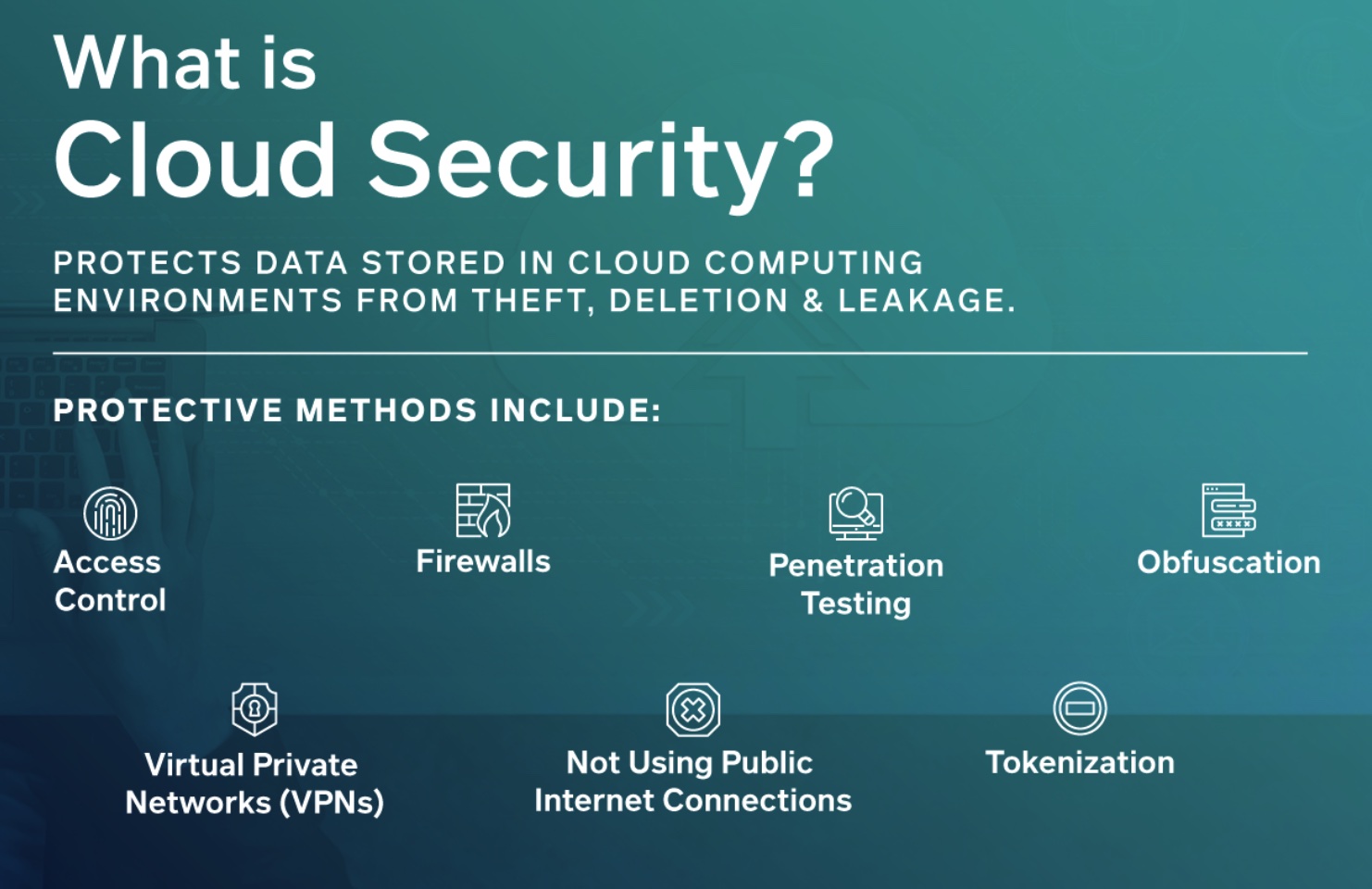What is Cloud Security: Fortifying Your Data in the Digital Sky
Introduction
In the era of cloud computing, ensuring the security of your digital assets is paramount. With the rapid growth of cloud services, understanding the ins and outs of cloud security is essential for businesses and individuals alike. This blog post aims to demystify the concept of cloud security, exploring its importance, key considerations, and best practices. Join us as we embark on a journey to safeguard your data in the vast digital sky.

Understanding Cloud Security
Cloud security refers to the measures and practices implemented to protect data and applications stored in cloud environments. It involves a comprehensive set of protocols, technologies, and policies designed to mitigate risks and vulnerabilities associated with cloud computing. As organizations increasingly rely on cloud services, it becomes crucial to grasp the fundamentals of cloud security to safeguard sensitive information and maintain data integrity.
The Importance of Cloud Security
Cloud security is vital due to the potential risks posed by unauthorized access, data breaches, and cyber threats. The adoption of cloud services brings numerous benefits, but it also introduces new challenges. By prioritizing cloud security, businesses can ensure the confidentiality, integrity, and availability of their data. Moreover, compliance with industry regulations and maintaining customer trust are key drivers behind robust cloud security strategies.
Key Considerations in Cloud Security
When it comes to cloud security, there are several critical factors to consider. These include identity and access management, data encryption, network security, and threat detection. Robust authentication mechanisms, such as multi-factor authentication, help prevent unauthorized access. Encryption techniques, both at rest and in transit, safeguard sensitive data from interception. Implementing secure network architectures and employing advanced threat detection tools contribute to proactive defense against cyber threats.
Best Practices for Cloud Security
To ensure effective cloud security, organizations should follow industry best practices. These include regular data backups, ongoing security assessments, employee training on security awareness, and prompt patching of vulnerabilities. Implementing a strong incident response plan and employing reputable cloud service providers with robust security measures are also crucial. Additionally, maintaining a comprehensive understanding of compliance requirements specific to your industry ensures adherence to necessary regulations.
Conclusion
Cloud security is a multifaceted discipline that demands continuous vigilance and proactive measures. By understanding the importance of cloud security, considering key factors, and adopting best practices, organizations can navigate the cloud landscape confidently while safeguarding their valuable data. As the digital world continues to evolve, staying abreast of emerging threats and incorporating innovative security solutions will be imperative. Embrace the power of cloud computing while ensuring the robustness of your cloud security framework.
Learn more and get ahead and build a career in Cloud security:
Keywords: Cloud security, data protection, best practices, digital assets, cloud computing, Cloud security, data protection, vulnerabilities, cloud computing, Risk mitigation, data breaches, cyber threats, compliance, customer trust, Identity and access management, data encryption, network security, threat detection, multi-factor authentication, Data backups, security assessments, security awareness, patching vulnerabilities, incident response, compliance, Cloud security, data protection, proactive measures, emerging threats, security solutions

editor's pick
news via inbox
Nulla turp dis cursus. Integer liberos euismod pretium faucibua

